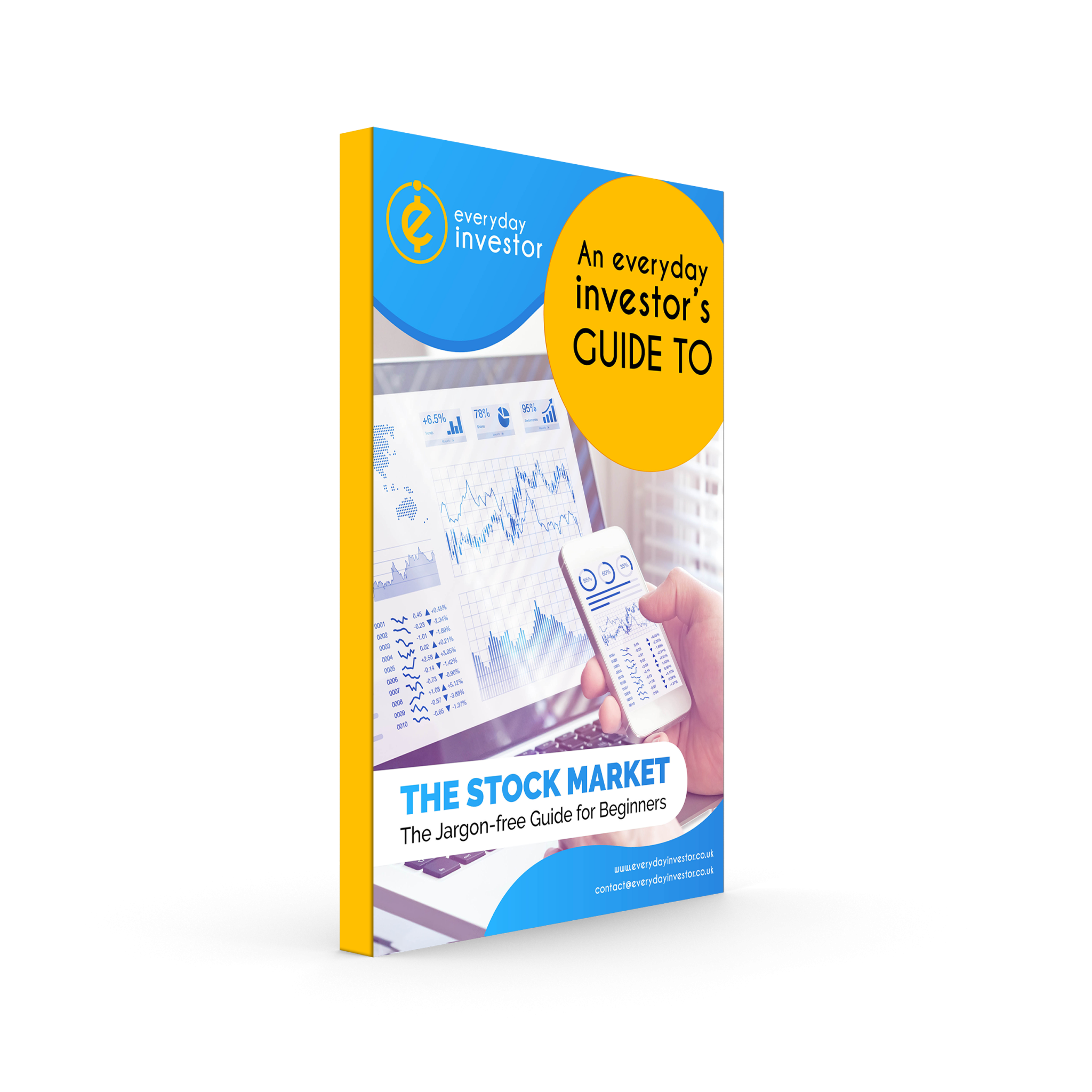Understanding director dealing in simple terms
As you start learning about the world of investing, you may come across this term and wonder “what is director dealing”. In this article we will venture deeper into this concept to clarify exactly what it means and the key things an everyday investor needs to know. We will also explain the implications of director dealings for the stock market.
Director dealing explained
Director dealing refers to the process of the buying or selling of a company’s shares by its directors or high-level executives. These transactions can sometimes serve as an indicator of the company’s financial well-being and the conviction of its leadership. Director dealings can sometimes have a significant impact on the company’s share price. They could even potentially influence the broader sentiment of stock market investors.
Director dealings encompass a range of different activities. These include share acquisitions and disposals, to the grant of stock options and awards as part of a directors reward/compensation package.
Understanding the regulatory framework and disclosure requirements
In the area of director dealings, the regulatory framework plays a pivotal role in ensuring transparency and accountability. Regulatory bodies, such as the Financial Conduct Authority (FCA) in the UK and the Securities and Exchange Commission (SEC) in the US, impose stringent disclosure requirements on directors. These regulatory frameworks mandate timely and comprehensive disclosures of any significant share transactions. This helps to provide investors with transparency, thereby allowing them to make better-informed decisions.
The impact of director dealings
The frequency of director dealings may vary depending on several factors. Such factors include a company’s size, the industry it operates in and general market conditions. In larger companies, director dealings are usually more frequent, due to there being more directors and a higher number is shares in issue.
Director dealings can sometimes wield an influence on market sentiment, triggering either an upsurge or a decline in investor confidence.
Sometimes investors may look to director dealings to assess how confident those “in-the-know” are about the company’s future. Positive director dealings, such as significant share purchases by executives, can signal a vote of confidence in the company’s growth prospects. This can help to bolster market optimism. Conversely, noteworthy sell-offs by directors might trigger concerns among investors.
Such director dealings can then lead an increased level of the buying and selling of the company’s shares by investors. As share prices are driven by demand (or lack of demand), this can then cause corresponding fluctuations in the company’s share price.
Accessing information about director dealings
In the digital era, investors can readily access information about director dealings through a multitude of channels. These include official regulatory filings on the websites of the different stock exchanges (such as the London Stock Exchange) or announcements released directly from the company. If you are an investor using an online stockbroker platform, you may notice such announcements on the company’s listing page.
Importance of understanding director dealings for investors
Grasping the impact of director dealings is an important tool for investors navigating the stock market. By comprehending the implications of these activities, investors can build a better understanding of the company’s internal dynamics. This, in turn, empowers them to make informed decisions aligned with their financial goals and risk tolerance levels.
However, it is important to use this tool wisely and carefully. Sometimes directors may sell shares for reasons completely unrelated to the underlying performance of the company. For example, they may sell their shares for purely personal reasons (such as needing the cash for a new property of even a divorce). Other times a director may sell their shares for tax reasons.
Investors often use information regarding director dealings alongside other sources of information to build a broader picture. This may include reviewing the company’s annual reports and trading updates, alongside current news articles and broker analysis. It can be risky to make investment decisions based solely on director dealings without understanding the full context.
How much attention should you pay to director dealings
In the world of stock market investing, director dealings are certainly something to keep an eye on. They can offer valuable insights into a company’s internal workings and the confidence levels of its leadership.
While director dealings offer important cues, investors must complement this information with thorough research into the company’s performance, potential individual circumstances, and other market factors too.
If you’re keen to learn more make sure you check out the rest of our website or grab a copy of our free Beginner’s Guide to Investing in the Stock Market.
All our content is provided for educational purposes only, to help you make your own decisions. We don’t provide personalised advice and therefore our content should not be considered an invitation, inducement, or recommendation to engage in any particular investment activity. Please review our disclaimer and website terms for full details.








